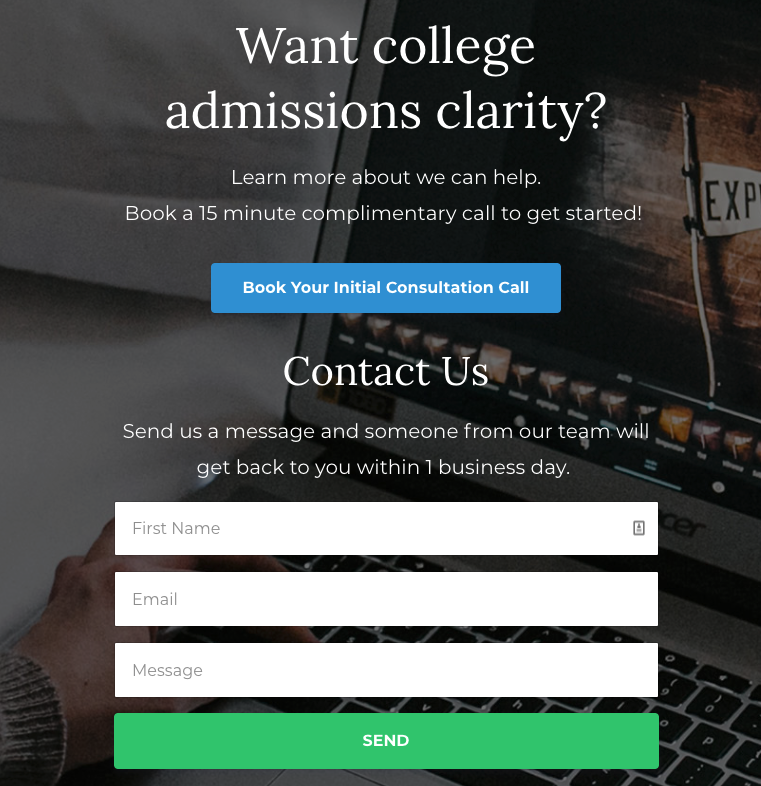If you’re planning to visit colleges this summer, do this

Even this summer, not all colleges are open to visitors quite yet. And, admittedly, you may not be comfortable getting on planes and sleeping in hotels. I understand completely, but at some point soon, you and your kid will want to put your eyes and feet on an actual college campus to which they’re considering. Plus, the initiative to visit schools shows demonstrated interest (some schools care about this, not all) and in a perfect world, your kid wants to build their college list partially based on where it is and what’s around it. Location is the second most important factor when you’re building a college list. Cost, major and career are the other three.
Here is a plan for those of you who want to explore colleges this summer:
#1 Start local.
Even if your child doesn't want to stay local for college, they can get a great sense of what size institution and type of setting they may want.
#2 Contact the admissions office before your visit.
Find out if tours and information sessions are being offered and whether reservations are needed. Also, learn what will be open to visitors. All buildings? Dorms? Dining options? Library?
#3 Consider a drive-by visit or a self-guided tour.
Even if the admissions office is closed, you should still consider going. This spring, many of my clients took “drive-by visits” or self-guided tours. Again, not ideal, but it may be necessary.
Once you’re on campus, remember to gather information that may be helpful in deciding if your child will apply. Here are three questions that you can ask:
What is the graduation rate?
Graduation rates are critically important. Four year colleges are increasingly more expensive. When the student needs an extra semester or year, the financial and personal cost can become more than you budgeted for.
Does applying for financial aid hurt my kid’s chances of getting in?
Simply ask if the admissions process is “need blind” or “need aware”. The first means that the admissions process is separate from the financial aid process, while the other means the school can consider your financial need as they make admissions decisions. If your family will be applying for need based financial aid, you should ask if need is met 100% for all four years.
How good is job placement for graduates and what are graduate school acceptance rates?
I am a big believer that college needs to set kids up for a career. There has to be a “ROI” (return on investment) for such exorbitant college costs. Higher job placement rates show that employers have had good historical success with hiring students from this university. Similarly, acceptance rates to graduate should be readily available when you visit.
Found this helpful, here's how we can help:
➡️ Join me our FREE Facebook group ↔️
➡️ Follow us on instagram.com/strategicadmissionsadvice ↔️
To Earn A Spot At A Top College



